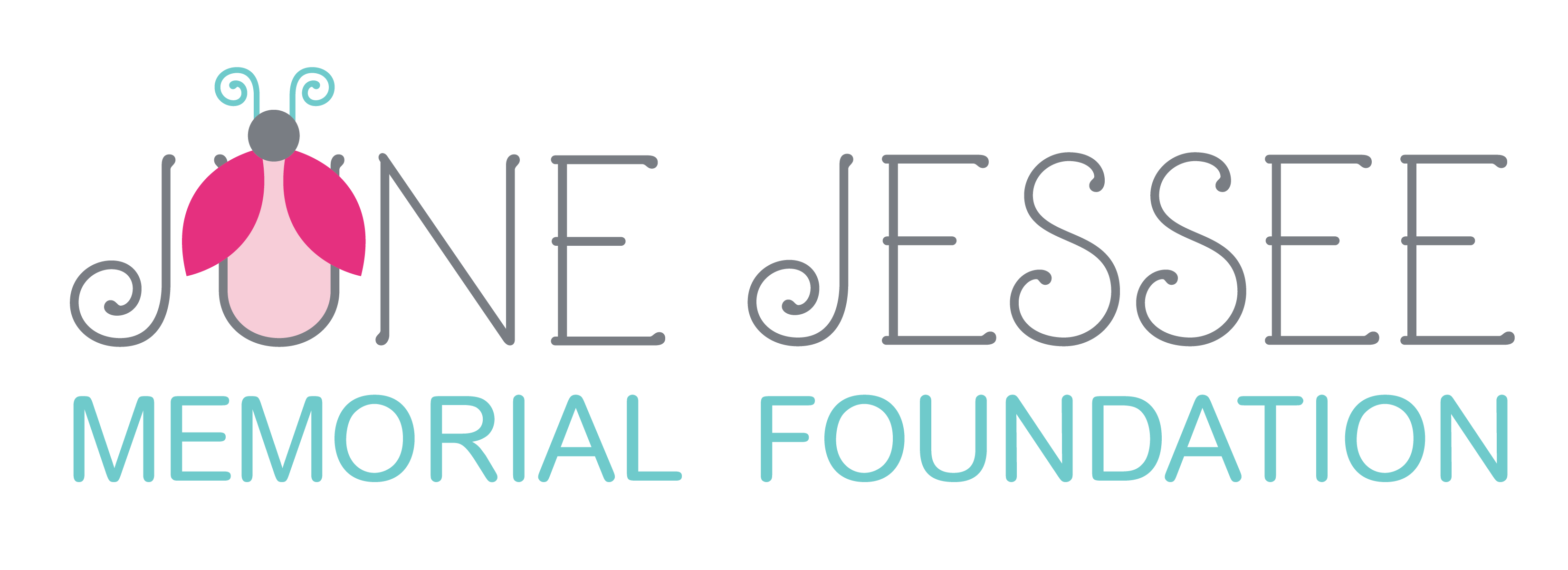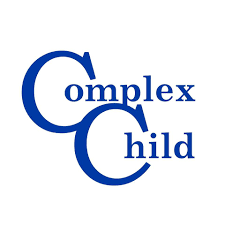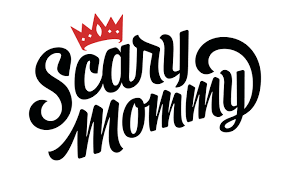Dear Earlier Self: Yes, You Will Dream Again
My husband, Matt, is an avid tennis player. When I was pregnant with June, Matt started reading books about coaching daughters in tennis. He started following women’s tennis on TV. Playing tennis as a family was one of his dreams of fatherhood.
Starting a family is the realization of a dream itself. We both had so many hopes and dreams for June, and for all of us as a family. We all do this. Of course, we know we shouldn’t be overbearing “stage mothers,” forcing our children to live out our aspirations for them, or for us. But we all do it, at least a little bit. We have to; it’s our job to guide them into the world. Sharing our passions with our kids and teaching them what we know is part of the joy of parenthood.
I was thinking about our parenting dreams this morning over breakfast. I found myself staring at a newborn photo of June, taken in May 2012, when she was less than a week old. The photo is part of a big collage of family pictures, kid art, and quotes hanging on the wall of our breakfast room, right above the table. I look at it every morning, sometimes not even seeing it; it’s just a part of the
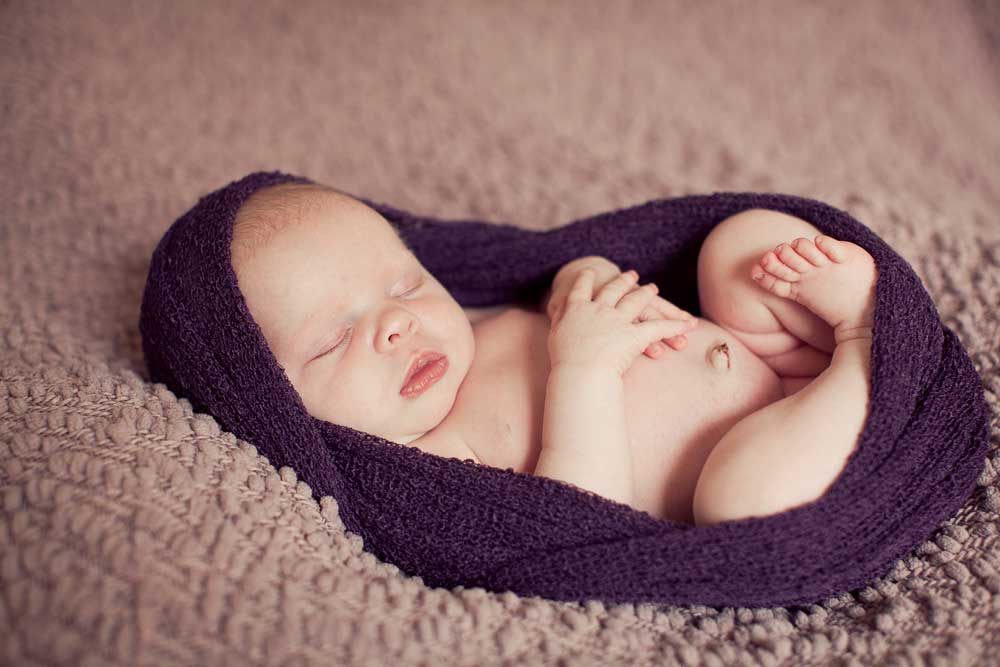
wallpaper, literally. But today, I stood and stared at infant June, wrapped in a purple blanket, her little hands with their long, delicate fingers resting on her stomach, one little foot poking out. You can see the slight upturn of her nose and her so-kissable lips. She looks flawless in this photo like she could be baby model for an Anne Geddes photo shoot.
On the inside, however, there was so much going wrong that we didn’t yet know.
I remember sitting in the kitchen during that photo shoot, watching the photographer wrap June in the blanket while she slept, posing her in these whimsical positions. Then she quietly stepped away, her hands hovering over June as if to magically keep her still, and snapped some pictures.
I was already worrying about June during that shoot because she’d failed to pass the hearing screening test at the hospital after birth. Almost everyone I spoke with, including our pediatrician at the time, told me that it was probably fine, likely due to fluid in her ears. The test casts a wide net, and many children who fail it can hear perfectly well.
Before we left the hospital, we’d scheduled a more extensive, more accurate follow-up test for a month later, called an Auditory Brainstem Response (ABR). This was just protocol, our pediatrician assured us. Chances are, she could hear just fine.
Still, I was an anxious new mom, seeking reassurance. Even from a photographer I’d only just met. “So,” I’d asked during that shoot, trying to sound casual, “Did your son pass the newborn hearing screening? He did? Oh, June didn’t. But I’m sure it’s fine. Our doctor said she probably had fluid in her ears. It will be fine.” (We’ve since developed a friendship, so that was one positive thing that came out of my over-intimacy!)
At our follow-up visit, two weeks later, the doctor reassured me again. “I know you’re worried, but I’m not,” he’d said with a smile. He was holding June, checking her reflexes or whatever it is they do at that first few office visits. He wore a Muppets character tie, which I liked—the cheerfulness of it, how it connected this doctor’s visit into the broader scope of our child’s life. He had a slightly silly but credible demeanor, which seemed perfect for addressing children, and he told me what I wanted to hear.
But his words reassured me only for the 15-minute car ride home. For many moms, the postpartum time is difficult, and I was already an anxious person by nature. That coupled with the raging hormones and the failed screening test had planted a seed of worry in my mind: Something could be really wrong. All through that first month of her life, the worry brewed inside me. I couldn’t calm it. What if everything isn’t fine? What if it’s not all okay? Why would she have fluid in her ears?
I’d checked online, of course. Most parents, especially first-timers, research everything with the swipe of a finger. This has pros and cons. Access to information can help us become more informed advocates for our child, but it can also instill unnecessary fear. I read online that fluid in the ears usually only leads to a failed hearing test when the mother has had a C-section. I didn’t have a C-section. It didn’t make sense.
One afternoon, during that month-long wait for the second hearing test, while my husband was taking a nap, I worked myself into a panic. I ran into the room sobbing. I rested my head on his chest. “I can’t do this,” I said between sobs. “This isn’t what I signed up for.”
“What do you mean?” he asked.
I stopped, sat up, and paused. What did I mean? “I can’t do this?” What a horrible thing to say.
When I didn’t answer, he asked again, with a little more worry in his voice. “What do you mean?”
I realized I was overreacting. “I’m just so scared,” I said. “This isn’t what I wanted for us, for June. I know that sounds horrible. Of course, I can do this. It’s just not what I envisioned, and I am not sure I’m equipped to be a special needs mom.”
So many times, in the months and years since, I’ve looked back at that afternoon, that whole period in our lives, and thought, What I would give for June to have only had hearing loss!
But of all the diagnoses June went on to receive, this was the hardest one for me to wait for, and then take in. I know this seems hard to believe, considering all that came next. But I was a ball of nerves. In hindsight, I wonder if I knew deep down that there was something more serious amiss. Looking back, the intensity of my worry seems extreme. After all, hearing loss is common, present in three out of 1,000 births in the United States. People with hearing loss can live completely normal, happy lives. Perhaps my panic was intuition.
Or perhaps, by the time we discovered everything else that was wrong, I’d become numb to shock and pain. At some point, nothing surprised me anymore.
After that conversation with Matt, I decided I’d cope with the waiting by putting one foot in front of the other. And by talking to my therapist. With her, I wrote down coping statements to get me through the next few weeks. I wrote:
– I don’t like waiting. This is hard for me.
– I can do it, but I don’t like it.
– I can handle not knowing, but I would really like to know.
– Even though it’s not my choice – I’d rather have clarity – I will handle it, even though it’s rough.
– Probably June can hear, and if she can’t, I’ll have plenty of time to figure out what to do and what caused it or if there is anything else wrong.
– I will let myself think about this at some point today, but I will not think about this right now.
I also worked on focusing on problems that were solvable in the moment. I wrote these down too:
– I can work to make breastfeeding more comfortable. (Call a lactation consultant.)
– Decide if I’m going to wake June up to eat or not wake her up. (I chose not to since she was a healthy 8lbs 9oz at birth!)
– Find a babysitter.
Focusing on problems I could solve was more empowering than dwelling on ones I couldn’t address. Putting that knowledge into practice took reminding and effort.
Through this process of refocusing, I realized I was equipped to be a special needs mom. All I really had to do was to love this beautiful baby with the long fingers and the eyelashes and the pouty lips. It was that simple. That realization—that all I really had to do was love her—was hugely helpful to me and enabled me to get through that time, and feel more grounded within myself.
We finally brought her in for the scheduled ABR test. The news confirmed the worst of my fears. She could not hear.
Matt shifted his dream accordingly. He started reading about deaf tennis players and began thinking about coaching an energetic, deaf daughter. “She can still play tennis,” he assured me.
Two months later, I realized that our little, beautiful baby who couldn’t hear was having seizures. The doctors in the emergency room, the neurologist and the pediatrician didn’t see them. Maybe I was the problem, they seemed to suggest. Maybe in my anxiety, I was making it up?
But then they did see the seizures, and we got another diagnosis: infantile spasms.
Matt began reading about children with epilepsy who play tennis. He looked into wheelchair tennis. And then, as we couldn’t get her seizures under control, and we began to realize how much more was going on—how truly grave her situation was—all talk of June playing tennis stopped.
As we discovered more about June’s condition, our dreams for her shed little-by-little, until we learned it was best to have as little expectations as possible.
Around this time, I came across an essay entitled, “What I Would Tell You.” It was written by a mother of a child with special needs. She was giving advice to her younger self. In it she wrote, “I would tell you that your life will not resemble the life you had planned. It will be as though you landed in Holland instead of Italy, but after some time, you will adjust the dreams you had and this reality will be normal to you. You will dream new dreams.”
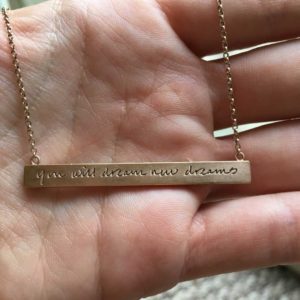
“You will dream new dreams.” This became my mantra at that time. I got a necklace engraved with the phrase, and hardly took it off. It gave me strength when I felt I had none. I held onto the idea that there would be a day when I’d dream again, imagine something else positive and exciting, cherish and even live out some other vision.
I thought about that quote and that necklace this morning, as I gazed at the picture of infant June wrapped in purple. Matt and I have since lost June, and have had two more children, both healthy boys. I was drifting off, distracted, while George, our oldest boy, ate quietly by himself.
“Mama, can you play with me?” he suddenly asked, talking with food in his mouth.
And that request felt so wonderful, exactly what I’d wanted to hear from my first child, and never had.
I feel so fortunate that we had more children and that some of the dreams we had for June are manifesting through them. For us, confronting the reality of our first child’s life-limiting illness at first meant abandoning our dreams for what parenthood would look like. Later, we created new dreams for ourselves and with our other children.
Not everyone has more children. But I think we all can find ourselves suddenly waking up out of our daily daze and realizing how many other of our lifelong dreams have come true. It could be where you live, the house you live in, your work. We’ve all had other dreams that have, in fact, materialized.
We also can manifest new dreams—ones that it never occurred to us to want in the past. Like for me, running a foundation. I always thought I wanted to be a stay-at-home mom, but now I can’t imagine it any other way. Sometimes you wake up in the middle of your morning routine, in the midst of your life, and realize that you are, in fact, living another dream.
